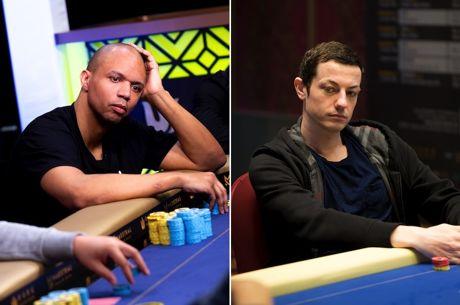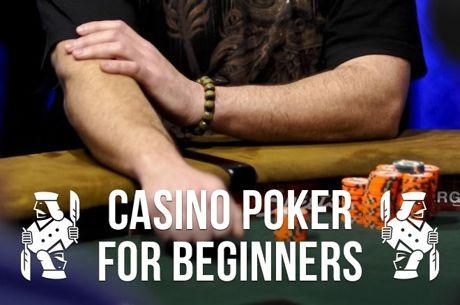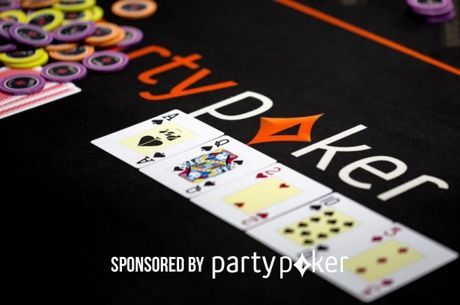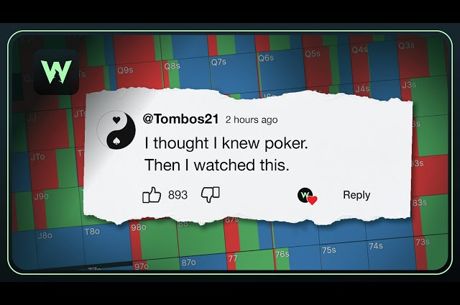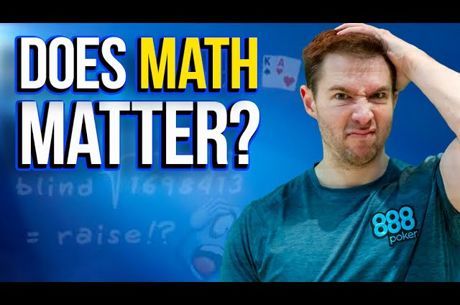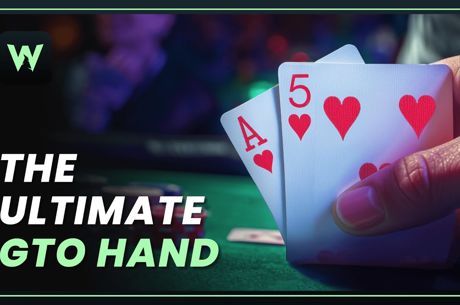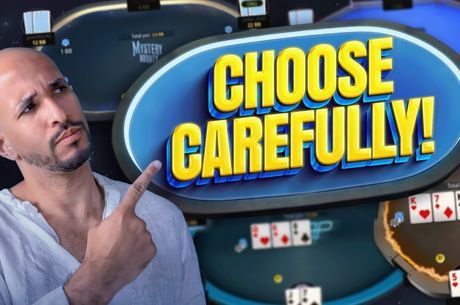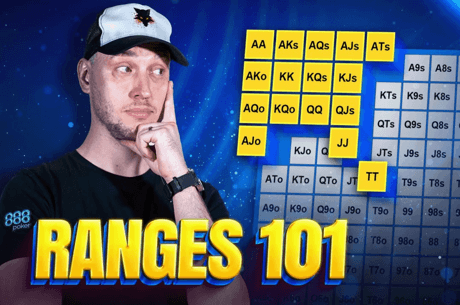Thoughts About 'First Level' Thinkers in Poker
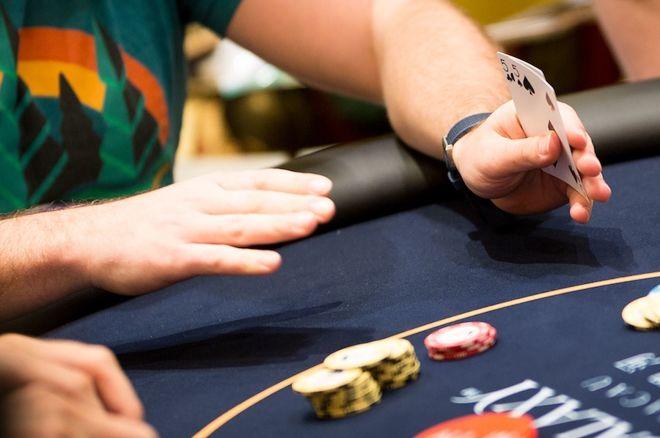
Recently I was thinking about "first level" thinkers in poker. At just about every level of poker and at all stakes, we encounter plenty of opponents at the tables who fall into this category. However, as I think most would agree, not all first level thinkers are alike in the way they think or play their hands.
Those who are thinking at higher levels at the table occasionally get themselves into trouble by not appreciating such distinctions — that is, by not recognizing the particular kind of "first level" thinker one is up against in a particular hand or situation.
You can find explanations of "multiple level thinking" in poker in several places, although one of the clearer ones appears as a short section in David Sklansky and Ed Miller's book No Limit Hold'em: Theory and Practice.
There the authors actually start out describing a level of thinking in poker that's even lower than first level, one they playfully label the "zeroth" level. That's where minimally-skilled players reside who think about nothing more than their own hand and what beats what. "Almost everyone masters that level," the authors conclude.
The next level up, what Sklansky and Miller call the "first" level (although you'll sometimes encounter others referring to it as "Level 2"), includes players who think beyond just their own hand in order to think about what hand their opponent might have. "He made a big bet, so he probably has a good hand," is an example they provide of a "first level assessment."
Important to note is the fact that when making these assessments, first level thinkers are not thinking about what their opponent is thinking. Doing that kicks you up another floor to the second level where players are able to think about what their opponents might think they have. Rather, the first level thinker is just looking at the action that has occurred and considering how it might relate to an opponent's hand.
This gets a little clunky to talk about in the abstract, so let's use a hand example.
Tom, a first level thinker, is dealt Q♣Q♦ in the cutoff. He raises before the flop and only Jerry calls from the blg blind. The flop comes A♠5♦6♠, Jerry checks, Tom bets, and Jerry calls. The turn is the K♦, and this time Jerry leads with a bet.
As a first level thinker, Tom is in fact able to look beyond just the "absolute value" of his pocket queens to consider his hand's "relative value" given what has transpired thus far in the hand. He sees the two overcards on the board and Jerry's bet, and so now understands his queens may not represent the best hand, which in turn suggests he might consider folding.
Again, Tom is not a second (or third or fourth) level thinker. He doesn't think about what Jerry thinks he might have (second level), or about what Jerry might think Tom thinks Jerry has (third level), and so on.
Sklansky and Miller helpfully group together "zeroth" and first level thinking as examples "shallow thinking," and that's how we should think about Tom here. One way to imagine it is to say Tom and other "shallow thinkers" are only focused on what's happening down on the felt — the cards and the bets — and not on what's happening a little higher up in the heads of the players sitting around the table.
That said, Tom is thinking about Jerry's bet and how to respond. But here is where some first level thinkers act differently from others. You've surely encountered this in your games when you're in Jerry's seat and make that leading bet and some of the Toms you've been up against fold their hands while others call.
Some, perhaps most, first level thinkers in this spot will regard a bet as representing strength (namely, at least a pair that beats pocket queens) and fold. Others will not regard a bet as representing strength, but for various reasons will still believe their queens are good and call.
What are those various reasons? Well, they don't include anything specific about Jerry and how he plays. That is to say, they don't call upon a history that includes Jerry's past actions and understanding he's the type of player who might bluff here or who always value bets here.
No, the first level thinkers who call in this spot might be motivated to do so by other factors, including...
- inertia created by having had the initiative in the hand to this point ("I've raised and bet, I can't fold now.")
- a similar stubbornness created by holding a made hand ("I know my queens are in trouble, but I can't fold them.")
- a general, often mistaken idea that most postflop bets like this that steal away the initiative are bluffs ("He was just calling before but now he's betting? Seems fishy.")
Notice that none of this represents Tom thinking about what Jerry might be thinking when he leads with that turn bet. Tom is still just responding to actions occurring in this hand "in a vacuum" (as Sklansky and Miller describe first level thinkers tend to do).
That said, while the first couple of possible reasons listed above for calling are still firmly "first level," that third bluff-suspecting one might well be a kind of first step toward second level thinking for Tom. It becomes second level thinking the moment Tom stops thinking "people bluff when they do that" and starts to think "Jerry is the kind of player who might bluff here."
In any case, since none of us are first level thinkers like Tom anymore (right?), our takeaway is to recognize not all Toms are going to respond the same way with their queens when we, like Jerry, decide to lead from the blinds with a turn bet on that A♠5♦6♠K♦ board — whether we're doing so for value with two pair or as a semi-bluff with a combo draw.
Some first level thinkers' responses to others' actions are entirely predictable and thus highly exploitable. But others are less obvious with their play. They may not yet be capable of thinking about what you're thinking, but they are capable of "thinking twice" (so to speak) and talking themselves into plays other first level thinkers wouldn't choose to make.
You might recognize certain opponents around the table unmistakably revealing themselves to be "shallow thinkers." But don't let that cause you to think less deeply about them and what they're capable of doing in a given situation.

